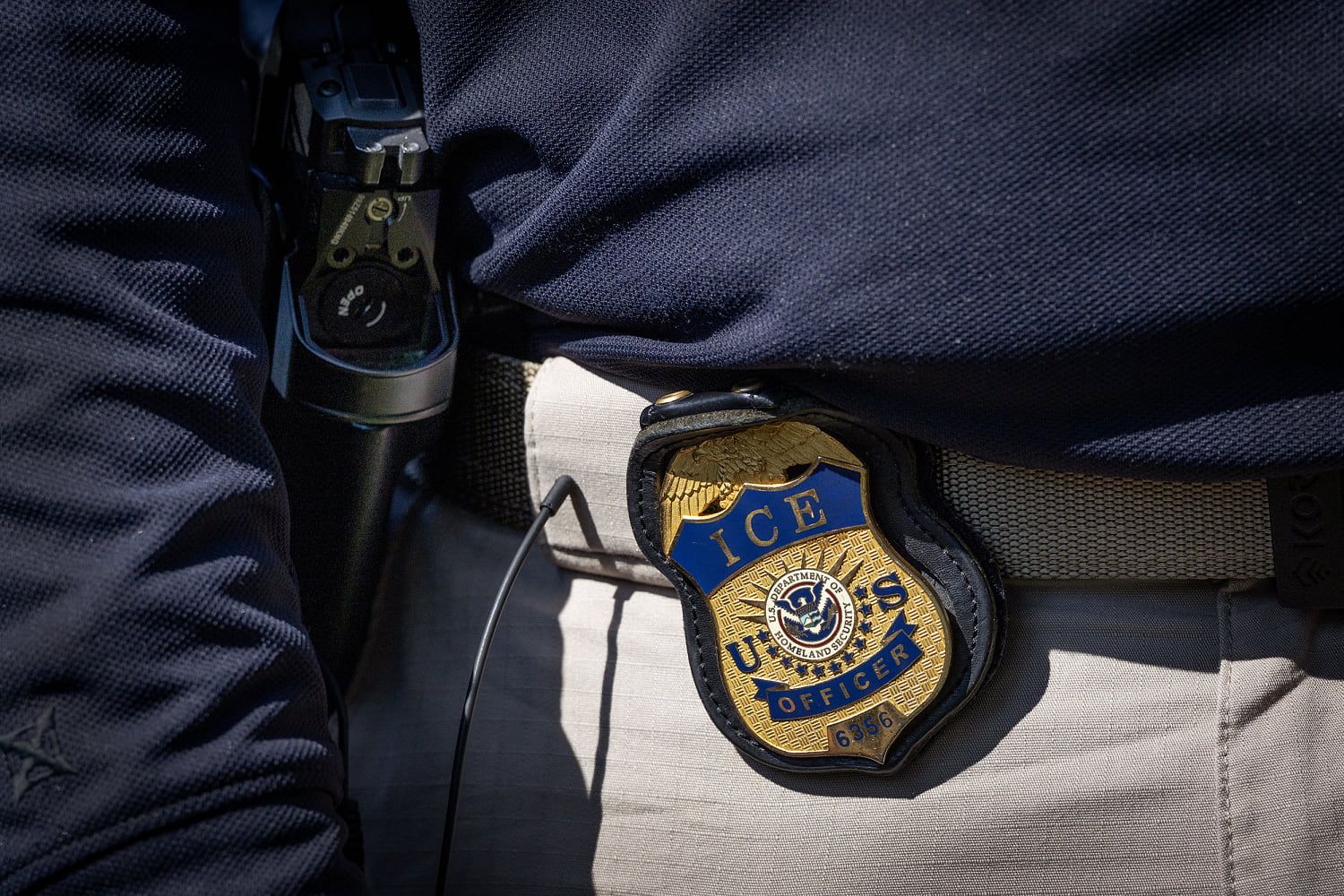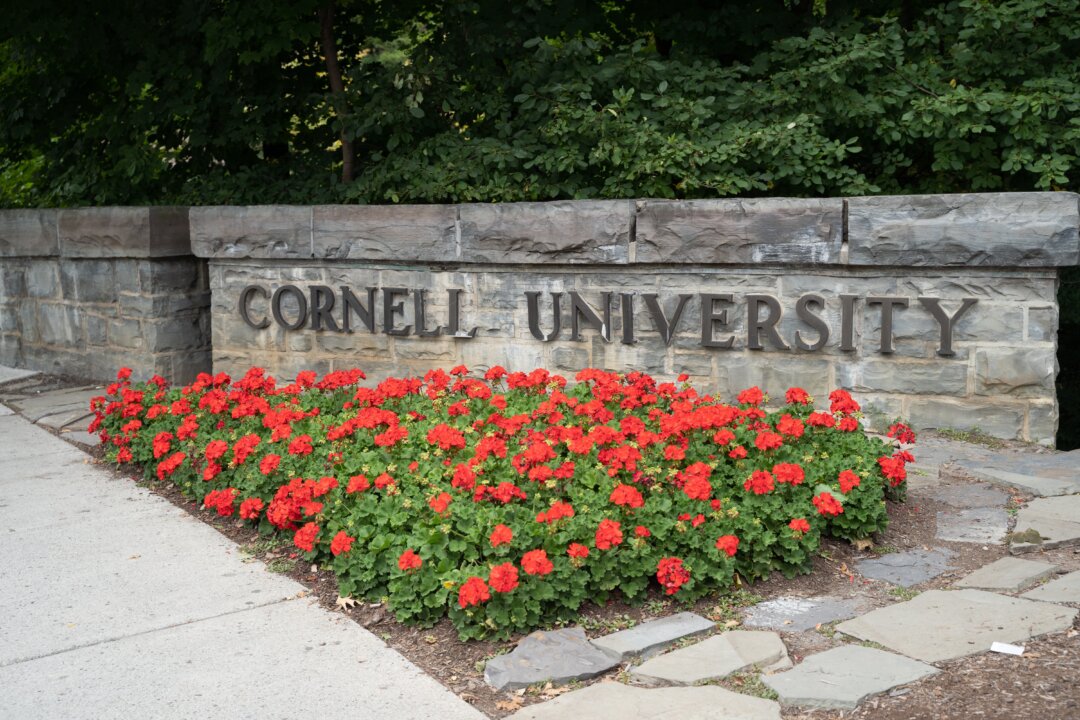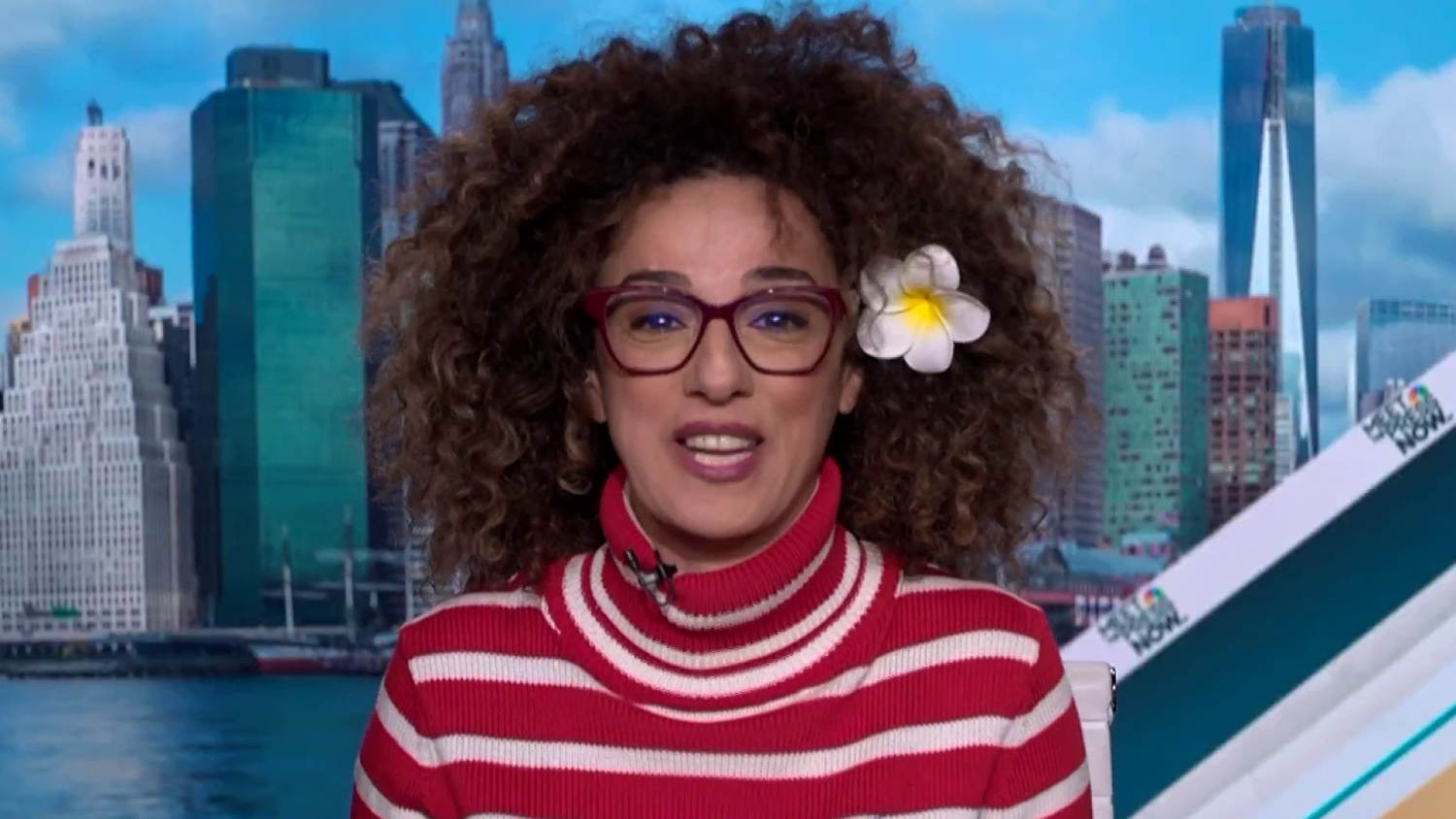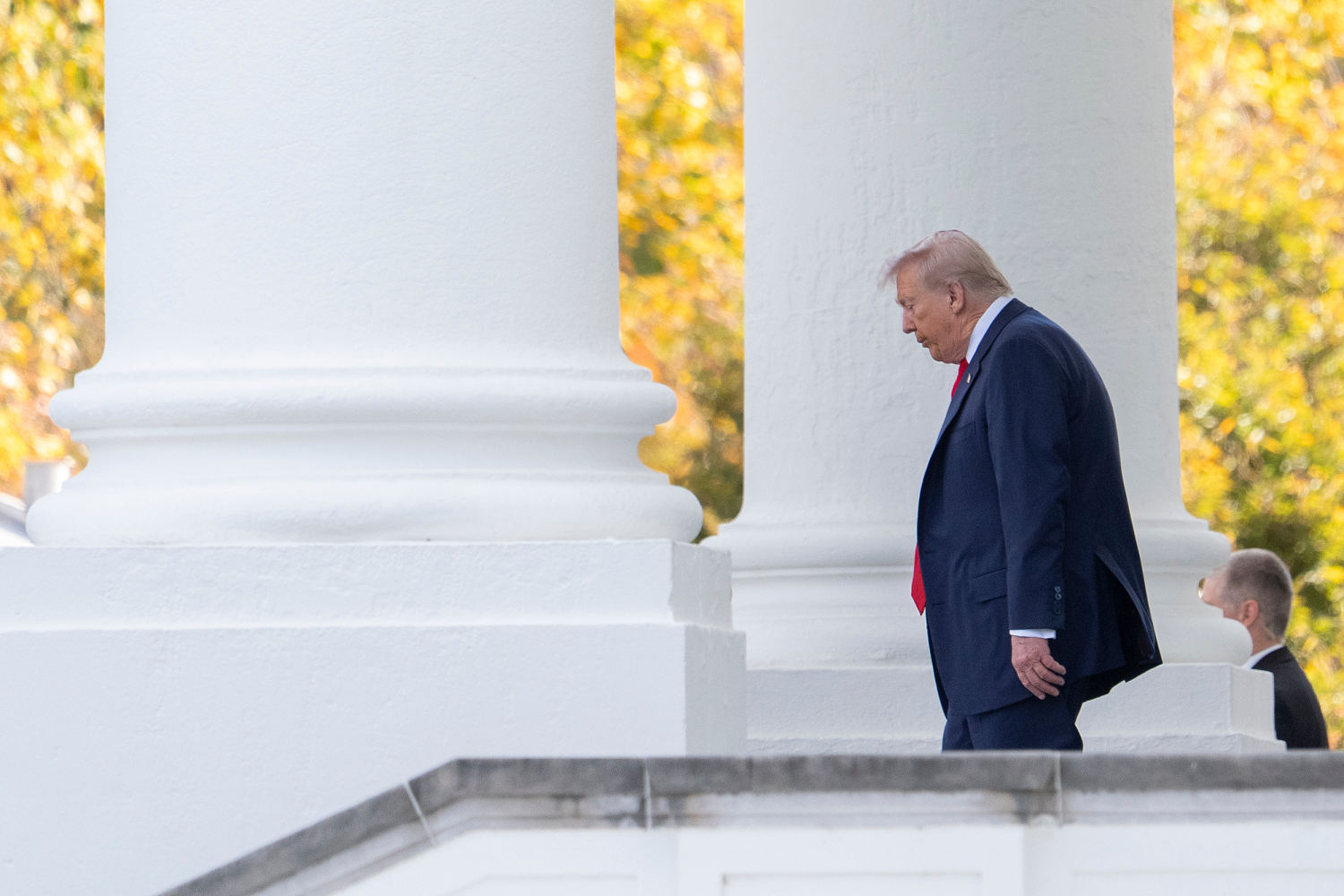

"Christianity is facing an existential threat in Nigeria. Thousands of Christians are being killed. Radical Islamists are responsible for this mass slaughter. I am hereby making Nigeria a 'COUNTRY OF PARTICULAR CONCERN.'"
President Trump’s recent post to Trump Media-owned Truth Social focused attention on a crisis not known for being a priority of American foreign policy. But as much as the news out of Mexico and Ukraine may overshadow what’s happening in Nigeria, the situation there is no less severe. And it is indeed an “existential threat” that should especially concern Christians.
Just this past weekend, nine Christians — including a pastor — were killed by Fulani assailants in a terrorist attack.
Despite their well-observed decline in North America and Europe, the number of Christians worldwide is increasing, largely thanks to Asia and Africa. And in Africa, nowhere does the faith have a stronger presence than in Nigeria.
Christian stronghold
Africa’s most populous nation (238 million) is also its most Christian, with some 100 million believers — enough to rank Nigeria as the sixth-largest Christian population in the world. Concentrated in the country’s south, this population includes 21 million Catholics, 22 million Anglicans, 14 million Baptists, 6 million evangelicals, and 4.5 million Pentecostals, in the form of the Apostolic Church Nigeria.
Despite these numbers, Nigeria remains predominantly Muslim (53.5%), especially in the north, where Islamic terrorism is on the rise. According to a 2022 State Department report, groups like Boko Haram and ISIS-West Africa — along with religiously unaffiliated criminal gangs — have killed thousands of Muslims and Christians, with both sides accusing the government of failing to intervene.
There continued to be frequent violent incidents, particularly in the northern part of the country, affecting both Muslims and Christians, resulting in numerous deaths. Kidnappings and armed robbery by criminal gangs increased in the South as well as the North West, the South South, and the South East. The international Christian organization Open Doors stated that terrorist groups, militant herdsmen, and criminal gangs were responsible for large numbers of fatalities, and Christians were particularly vulnerable.In response to such persecution, the State Department listed Nigeria as a “Country of Particular Concern” under the first Trump administration, in 2020; the Biden administration removed that designation in late 2021. This was despite protests from the independent U.S. Commission on International Religious Freedom, which noted widespread "violence by militant Islamists and other non-state armed actors, as well as discrimination, arbitrary detentions, and capital blasphemy sentences by state authorities."
Since then, USCIRF has continued to call for Nigeria’s Country of Particular Concern designation to be restored, warning as recently as July that “religious communities are facing ongoing, systematic, and egregious violations of their ability to practice their faith freely.”
High-profile attacks
This year alone, Nigeria has seen multiple high-profile attacks against Christians, including massacres in April and June that killed 40 and more than 100, respectively. In August, 50 Muslims were killed in an attack on a mosque. Just this past weekend, nine Christians — including a pastor — were killed by Fulani assailants in a terrorist attack.
On Saturday Trump followed up his initial statement with another post threatening to halt humanitarian aid and assistance to Nigeria until the killings stop. He also hinted at the possibility of military intervention, stating that he was prepared to enter the country “guns-a-blazing” in order to “wipe out the Islamic Terrorists who are committing these horrible atrocities.”
While aboard Air Force One on Sunday, Trump made no effort to walk back his comments, telling reporters that deploying troops to Nigeria was still very much on the table. “I envisage a lot of things. They’re killing record numbers of Christians in Nigeria ... and killing them in very large numbers. We’re not going to allow that to happen.”
Nigeria responds
Nigerian spokesman Daniel Bwala subsequently responded to Reuters with a statement following Trump’s comments, stating that U.S. assistance would be welcomed so long as the U.S. respected Nigeria’s “territorial integrity.” "I am sure by the time these two leaders meet and sit, there would be better outcomes in our joint resolve to fight terrorism." He similarly affirmed to the BBC that any anti-Jihadi efforts ought to be made jointly.
President Bola Ahmed Tinubu also challenged Trump’s statements and defended Nigeria’s record on religious freedom in a post on X.
“Religious freedom and tolerance have been a core tenet of our collective identity and shall always remain so. Nigeria opposes religious persecution and does not encourage it.”
 Photo (left): Rodin Eckenroth/WireImage; Photo (right): SAUL LOEB/AFP via Getty Image
Photo (left): Rodin Eckenroth/WireImage; Photo (right): SAUL LOEB/AFP via Getty Image
Genocide or not?
While acknowledging the realities of Nigeria’s ongoing security crisis, the mainstream media has disputed characterizations of the violence as a genocide against Christians.
Time magazine dismissed such claims as an idea “circulating in right-wing circles” and amplified by politicians like Senator Ted Cruz (R-Texas) and Rep. Riley Moore (R-W.V.). It also cited statistics from independent watchdog Armed Conflict Location and Event Data suggesting that of the 20,409 estimated civilian deaths in the past five years, just 417 deaths were Muslim and 317 deaths were Christian.
CNN called the genocide narrative an “oversimplication” that blames religion for the violence while ignoring factors such as ethnicity and resource scarcity.
The Guardian cast Trump’s remarks as an attempt to pander to “his right-wing, evangelical base,” reflecting “renewed domestic political pressure to appear tough on the marginalization or persecution of Christians abroad.”
Methodological weakness
While ACLED rejects the claim of a Christian genocide in Nigeria, arguing that most violence stems from ethnic rivalries and competition over land and resources rather than religion, it has previously acknowledged the difficulty of ruling out religious persecution. In a note on its general methodology, the group has acknowledged that "disentangling the ethnic, communal, political, and religious dimensions of specific events ... [proves] to be problematic — at times even impossible — and extremely time-consuming. As a result, religious repression and disorder ... may be underrepresented in the dataset."
Proponents of the genocide narrative say this could lead to systematic undercounting of Christian victims. In a letter to Secretary of State Marco Rubio last month, Rep. Moore countered with significantly larger figures: “More than 7,000 Christians have been killed in Nigeria in 2025 alone — an average of 35 per day — with hundreds more kidnapped, tortured, or displaced by extremist groups.”
'This needs to stop'
Evangelical author, public speaker, and Christian apologist Dr. Alex McFarland agrees with Moore, noting that resistance to covering Christian persecution is the norm. Reached just prior to Trump's statements over the weekend, he told Align that he believes that claims of a Christian genocide are accurate.
In an age when so many champion human rights and social justice, Nigeria is something that should be talked about. What’s going on there is tragic on an unimaginable scale. This needs to stop, and I pray the United States of America will do what it can to stop the killing of Christians and advocate for their human rights.American Christians who want to to help should be relentless in speaking up to elected officials, advises McFarland, making it clear that they “ask and expect them to take a stand on this issue, just as we expect our elected officials to take a positive stand for Israel and against anti-Semitism.”
Supporting organizations like Samaritan's Purse, Open Doors, and Voice of the Martyrs is also an option.
McFarland emphasizes that anti-Christian persecution extends well beyond Nigeria, pointing to similar ongoing persecutions in China, India, and Saudi Arabia. “We need to understand that Christians outside of the United States have a hard go of it.”
Finally, he cautions his fellow Christians not to overlook one of the most powerful ways they can effect change. “What Christians can do is pray,” he tells Align. “That might sound glib and easy to say, but prayer works and is quite significant.”
.png)
 1 hour ago
1
1 hour ago
1















 English (US)
English (US)